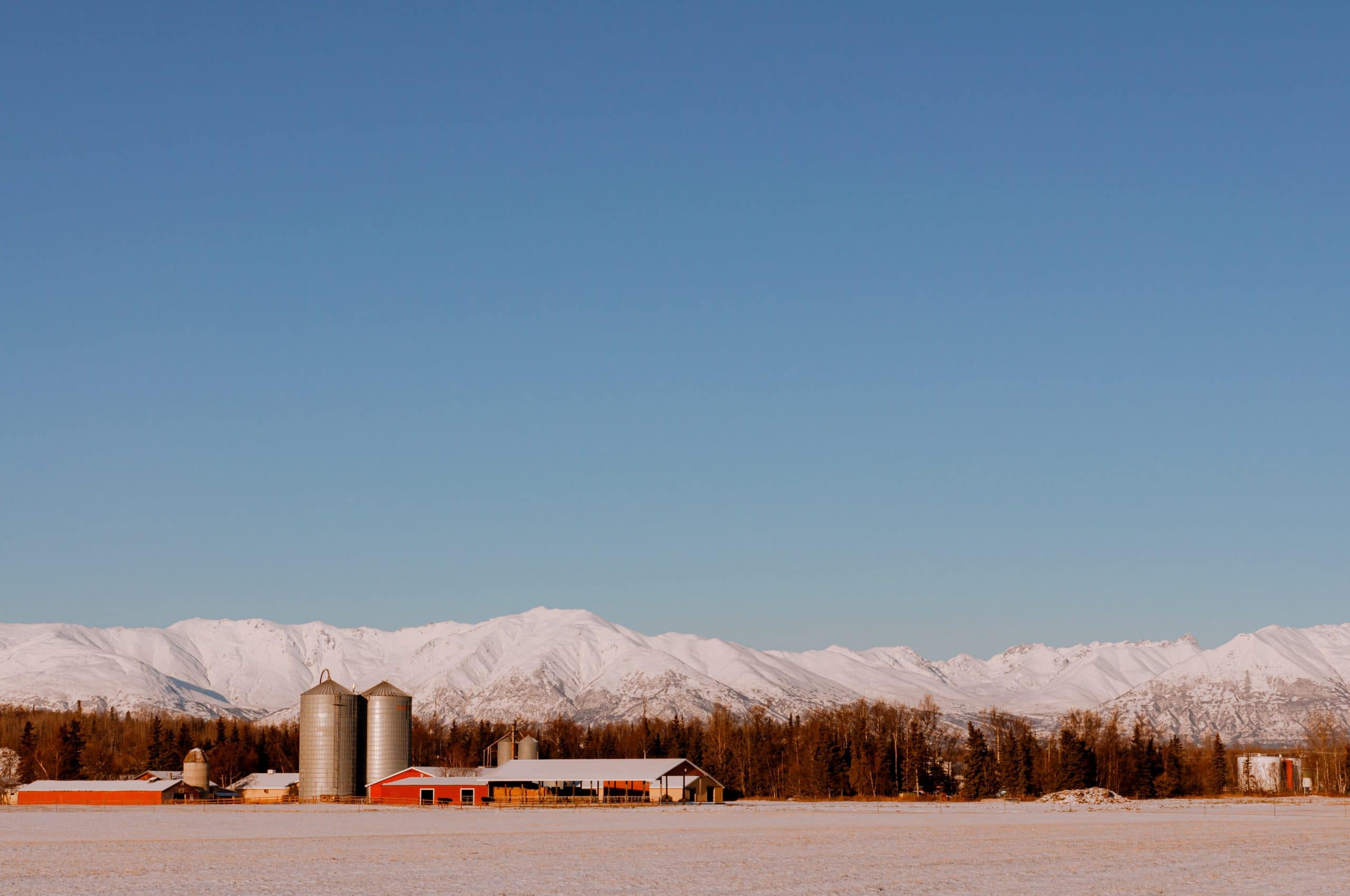In 2017, the Water Protectors of Standing Rock (a gathering of Native tribes mobilized to protest the Dakota Access Pipeline near the Standing Rock Sioux reservation) were awarded by the Massachusetts Institute of Technology as finalists for their Media Lab Disobedience Awards. In her acceptance speech, their representative Phyllis Young encouraged MIT to partner with Native tribes and their resources for innovation. MIT Solve and some partner organizations (like the Priscilla King Gray public service center and shift7) inaugurated their Indigenous Communities Fellowship to answer the question: “How can Native innovators in the US use traditional knowledge and technology to drive social, environmental, and economic impact in their communities?”
“Solve’s Indigenous Communities Fellowship seeks solutions by Native innovators across the US that consider both technology and traditional knowledge to support and scale positive impact. To that end, Solve welcomes Native-led solutions that:
- Increase access to jobs, financial capital, and skill development opportunities
- Support language and cultural revitalization, quality K-12 education, and support for first-generation college students
- Provide healthy and sovereign food, sustainable energy, and safe water
- Improve healthcare access and outcomes, including around mental health and substance use disorders“
Selected solutions of the 2020 fellowship included the Sicangu Online Marketplace (“Supporting tribal food producers and increasing access and demand for locally produced food through a bilingual online sales platform”) and Food From Fire (“Biomass heated greenhouses can reduce fire hazards and increase food security by growing food year-round.”).
Fellows, who must be at least 14 (with a strong preference given to tribal members) and in the Oceti Sakowin, Navajo Nation, or Hopi Tribe communities, will receive at least $10,000 in funding. The goal is to support tech entrepreneurs in these Indigenous communities who will advance solutions to grow economic development and resiliency.
Denise Williams is a member of the Leadership group for the fellowship and CEO of the First Nations Technology Council in Canada. SuperPosition has previously reported on their work towards reconciliation for Indigenous communities through tech equality. In an article for MIT Solve, Williams says:
True innovation requires a diversity of thought, and the world view of Indigenous peoples can challenge mainstream western ideology. This perspective will expand our collective understanding of what it means to be human in a time of artificial intelligence, machine learning, and virtual environments.What we code into these technological systems today will define our future as a species. Who better to write that code than those who carry the wisdom of our most experienced innovators?
With over 15,000 years of experience and an emphasis on sustainable wisdom, the knowledge Indigenous communities can bring to the tech table will benefit everyone.
Reality Changing Observations:
1. What can you do to facilitate access to digital technology in Indigenous Communities?
2. What are some examples of the wisdom of your own ancestors that you can use for good in the digital age?
3. Is equitable access to technology for Indigenous communities important or not important for society, and why?





